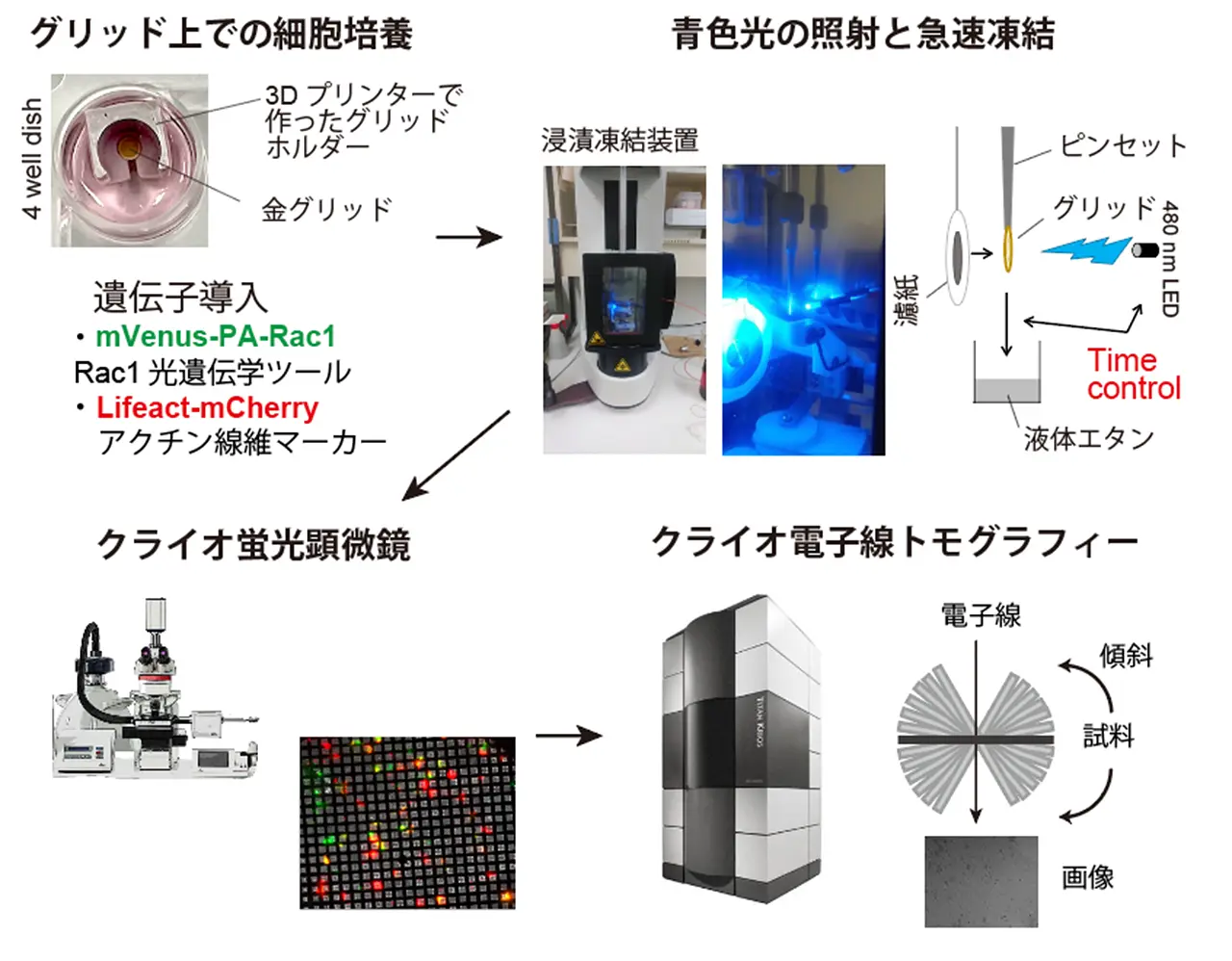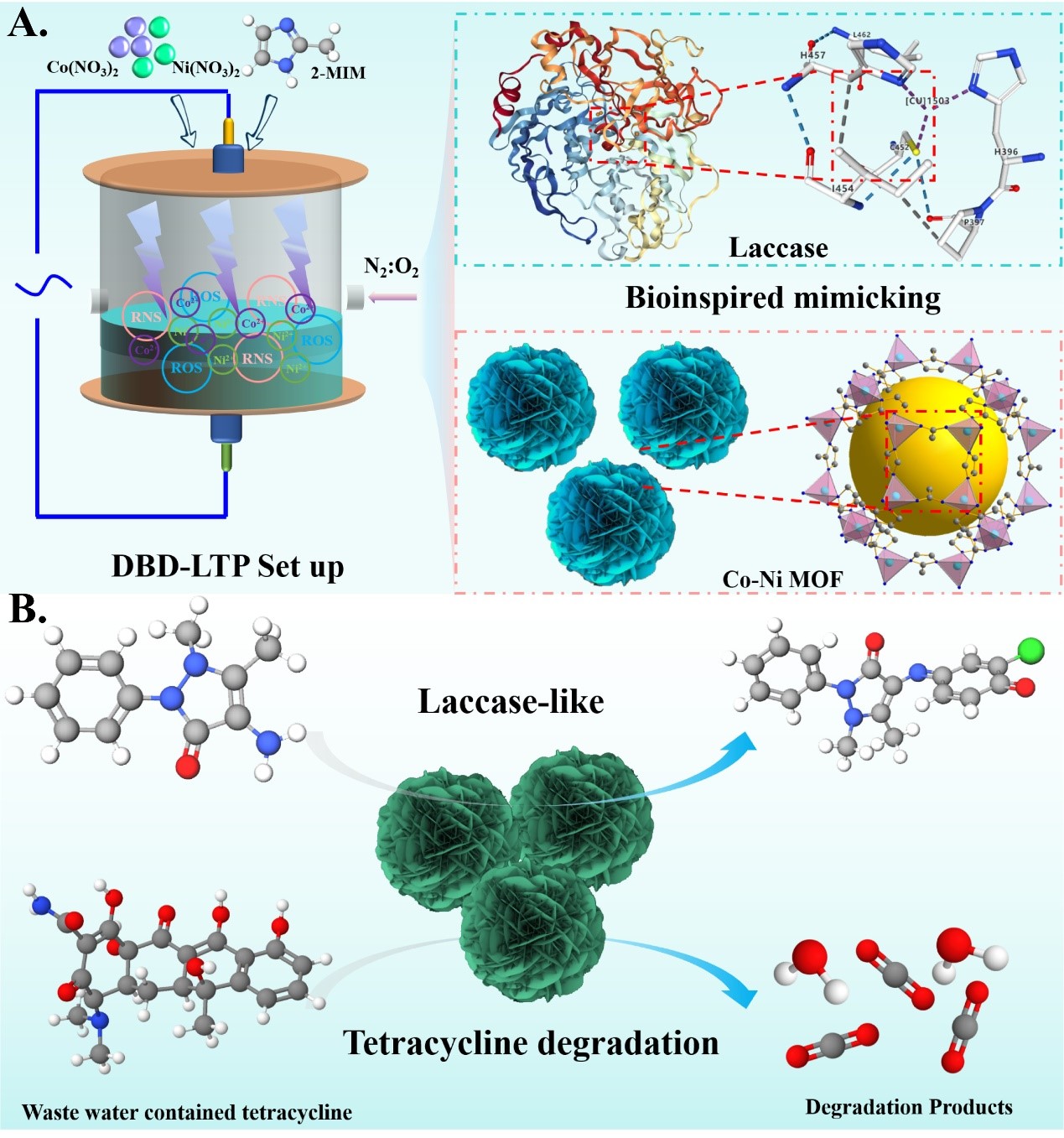2025-04-30 京都大学

<関連情報>
- https://www.kyoto-u.ac.jp/ja/research-news/2025-04-30
- https://www.kyoto-u.ac.jp/sites/default/files/2025-04/web_2504_Oishi-b941a804f7213b53633f60a9b423595f.pdf
- https://www.nature.com/articles/s43856-025-00841-7
トランスジェニックカイコが産生するN-グリカン修飾α-L-イデュロニダーゼがムコ多糖症Iのニホンザルの臨床症状を改善する N-glycan-modified α-L-iduronidase produced by transgenic silkworms ameliorates clinical signs in a Japanese macaque with mucopolysaccharidosis I
Chika Shinoda,Keisuke Kitakaze,Yuya Sasai,So-Ichiro Nishioka,Isao Kobayashi,Megumi Sumitani,Ken-Ichiro Tatematsu,Tetsuya Iizuka,Akira Harazono,Ai Mitani,Akihisa Kaneko,Masanori Imamura,Takako Miyabe-Nishiwaki,Yasuhiro Go,Akihiro Hirata,Yoshie Takeuchi,Teru Mizuno,Kei Kiriyama,Jun Tsukimoto,Satomi Nadanaka,Akiko Ishii-Watabe,Takashi Kinoshita,Hiroshi Kitagawa,Yasuyuki Suzuki,… Kohji Itoh
Communications Medicine Published:18 April 2025
DOI:https://doi.org/10.1038/s43856-025-00841-7
Abstract
Background
Mucopolysaccharidosis type I (MPS I) is an inherited lysosomal storage disorder (LSD) caused by recessive mutations in the α-L-iduronidase (IDUA) gene. Enzyme replacement therapy (ERT) utilizing terminal mannose-6-phosphate (M6P)-carrying N-glycans attached to therapeutic enzymes produced by mammalian cell lines has been clinically applied to several LSDs. Recent studies suggested an unidentified delivery pathway mediated by sialic acid-containing N-glycans. However, more economical platform development is required to produce large quantities of recombinant enzymes. Transgenic silkworms have been established as low-cost systems for expressing recombinant glycoproteins. Microbial endo-β-N-acetylglucosaminidases (ENGases) enable the transglycosylation of N-glycans to other types.
Methods
We purified recombinant human IDUA from IDUA transgenic silkworm cocoons and performed ENGase-mediated transglycosylation. Furthermore, we performed intravenous enzyme replacement therapy in a Japanese macaque MPS I non-human primate model carrying a homozygous IDUA missense mutation.
Results
Here we show the establishment of IDUA transgenic silkworms and purification of recombinant human IDUA from cocoons. As M6P- and sialic acid-containing N-glycans are not attached to purified hIDUA, we perform ENGase-mediated transglycosylation to obtain hIDUAs with M6P- and sialic acid-containing N-glycans (neoglyco-hIDUAs). Furthermore, we perform intravenous neoglyco-hIDUA replacement therapy in MPS I non-human primate model and succeed in improving the clinical signs and reducing the urinary glycosaminoglycan (GAG) levels.
Conclusions
These glycotechnologies using transgenic silkworms and ENGases are expected to serve as platforms for developing therapeutic glycoproteins.
Plain language summary
Lysosomal storage disorders (LSDs) are a group of inherited diseases related to metabolism. These can result in buildup of toxic material in the body due to defects in enzymes (a type of protein). One of the current treatments for LSDs is enzyme replacement therapy (ERT), in which functional human enzymes are given to patients. However, producing large quantities of these therapeutic enzymes can be challenging. Here, we describe a method to produce certain types of proteins using silkworms. We used this method to evaluate its therapeutic effects on a non-human primate model of one type of LSD and succeeded in improving the animal’s symptoms. This method could be a promising approach for producing treatments for humans.


